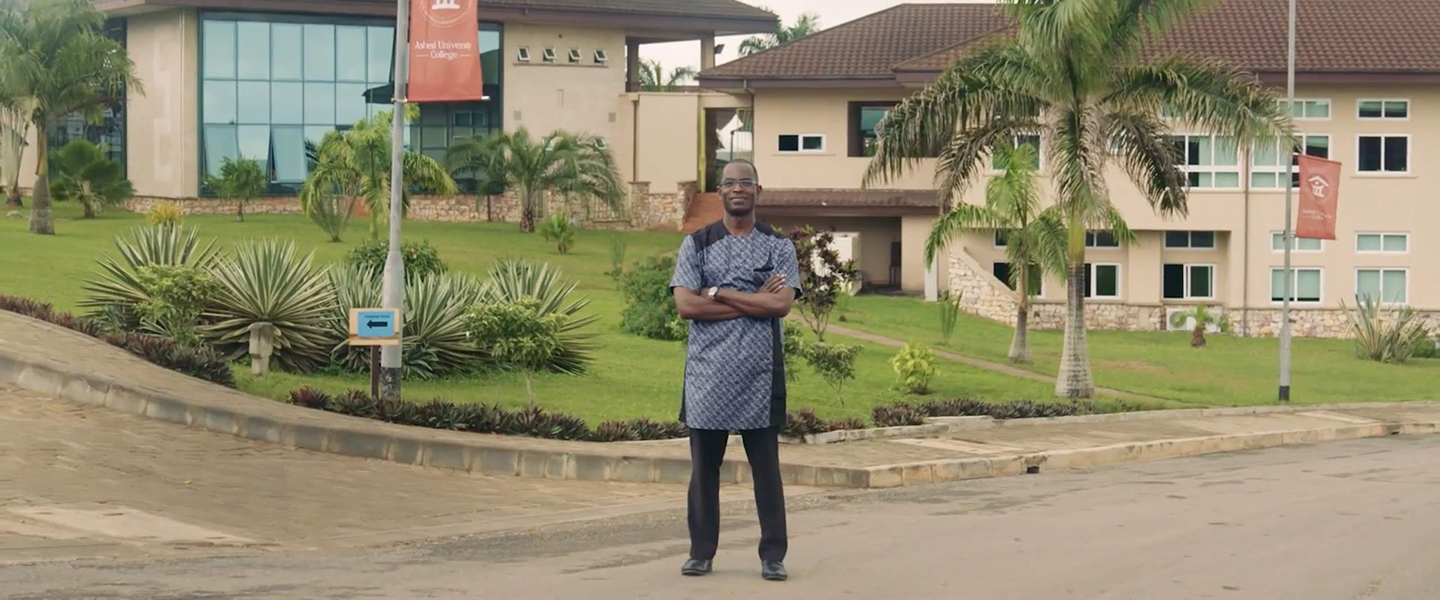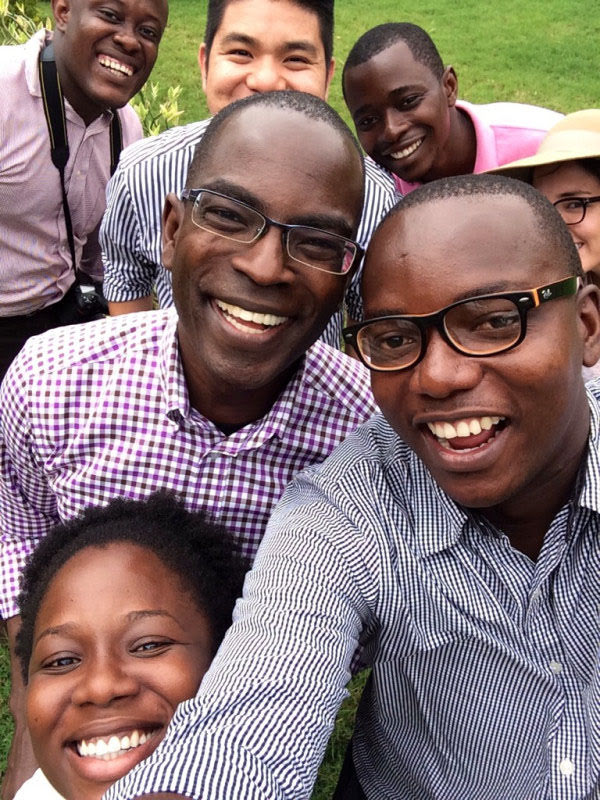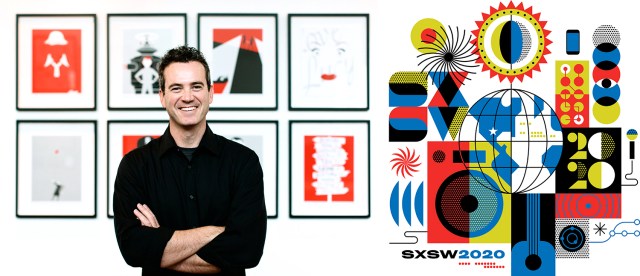“Brain drain” is a term used to describe a troubling phenomenon in many parts of the developing world, in which ambitious young people leave their birth nations to find opportunities abroad and never return. This exodus of talent then deprives their countries of the skills and experiences they have gained and that could be used to improve life at home.
Patrick Awuah was initially a contributor to brain drain in his country. In 1985, he left his home in Ghana to attend Swarthmore College in suburban Philadelphia. Then he landed a job at Microsoft as a software engineer and program manager, where he met his future wife and built a comfortable life in Seattle. Yet Awuah was troubled by what he viewed as the failings of leadership in Africa, which fostered the brain drain cycle, so he set about to find a way to educate a new generation of African leaders. His goal would be to keep them in Africa, where their efforts might truly transform the region during its continuing struggles to shake off the specters of war, poverty, civil strife and corruption.
In 2002, Awuah founded Ashesi University near Ghana’s capital, Accra. The goal was to develop a curriculum that entwined liberal arts ideals with practical 21st century skills. In the ensuing 16 years, the school has effectively created a new model for African higher education. Recently announced as a Keynote speaker for SXSW EDU 2019, Awuah generously agreed to answer some questions:
Can you explain how your approach differs from the traditional higher education experience in Ghana?
Patrick Awuah: The higher education system in Ghana is a by-product of our colonial era, which focused more on training people to take instructions than to ask critical questions or solve problems. Today, the legacy of rote memorization continues to permeate all levels of schooling across the continent.
In contrast, Ashesi’s teaching and learning philosophy is centered on engagement and critical thinking. We have designed our curriculum and programs to challenge students to think for themselves and to be curious. Second, we have designed our curriculum and co-curricular activities to foster empathy, ethics and a willingness to solve problems for the greater good. In essence, we are educating students to be engaged citizens and ethical leaders. Third, we are intentional about educating students to have an entrepreneurial mindset by introducing every student to design thinking and problem solving.





